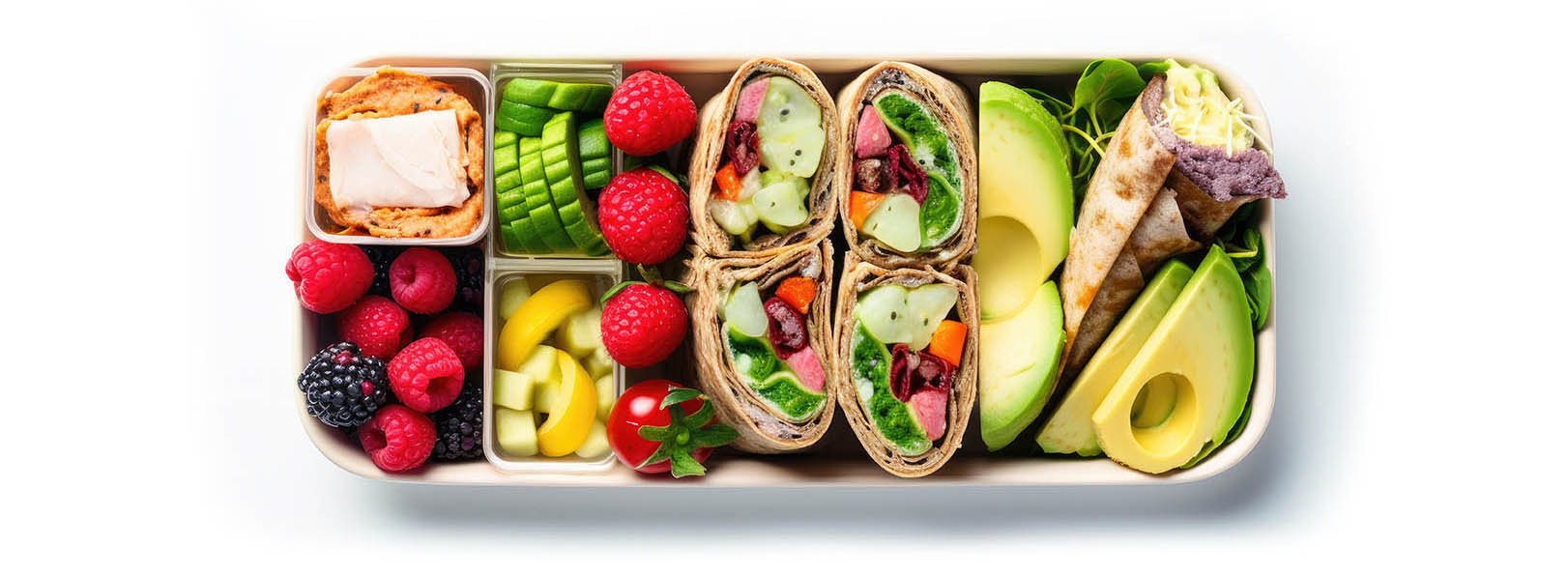Plant-based Diets and Food Allergies in Children

There has been an increase in demand by parents for support to follow a more plant-based diet for environmental reasons. The level of plant-based food consumption can vary from being vegan to reducing animal-based foods in the diet. There are well-known nutritional risks related to following a more plant-based diet, which includes the consideration for adequacy of iron, vitamin B12, omega-3-fatty acids and iodine consumption. Whilst all of this can be overcome with alternative foods and/or vitamin/mineral supplementation, this can be more complicated in children with food allergies, who may not be able to consume cow’s milk, nuts and selected seeds. That is why it is so important to consult with a paediatric dietitian, qualified in both food allergy and plant-based nutrition to ensure that a child receives all of their nutrients for optimal growth and development.
I have been working in paediatric food allergy for the last 25 years and co-lead the MSc Food Hypersensitivity Module at Imperial College. I have also published numerous articles in nutritional adequacy and growth in food allergy. I have also completed additional qualifications on plant-based nutrition at University of Winchester and do promote the increase of plant-based foods for the environment, but also to reduce the inflammatory effect on the body.
I am happy to support families with food allergic children to follow a more plant-based diet and ensure that optimal growth and micronutrient intake is achieved.
CONTACT
50 minute video consultation includes: > Assessment of the growth chart > Assessment of nutritional bloods (if available) > Clinical Assessment if Child Attends Consultation > Dietary Assessment > Dietary advice according to above information, including a written report. With consent from all parties, parents can also request that the consultation is recorded.
